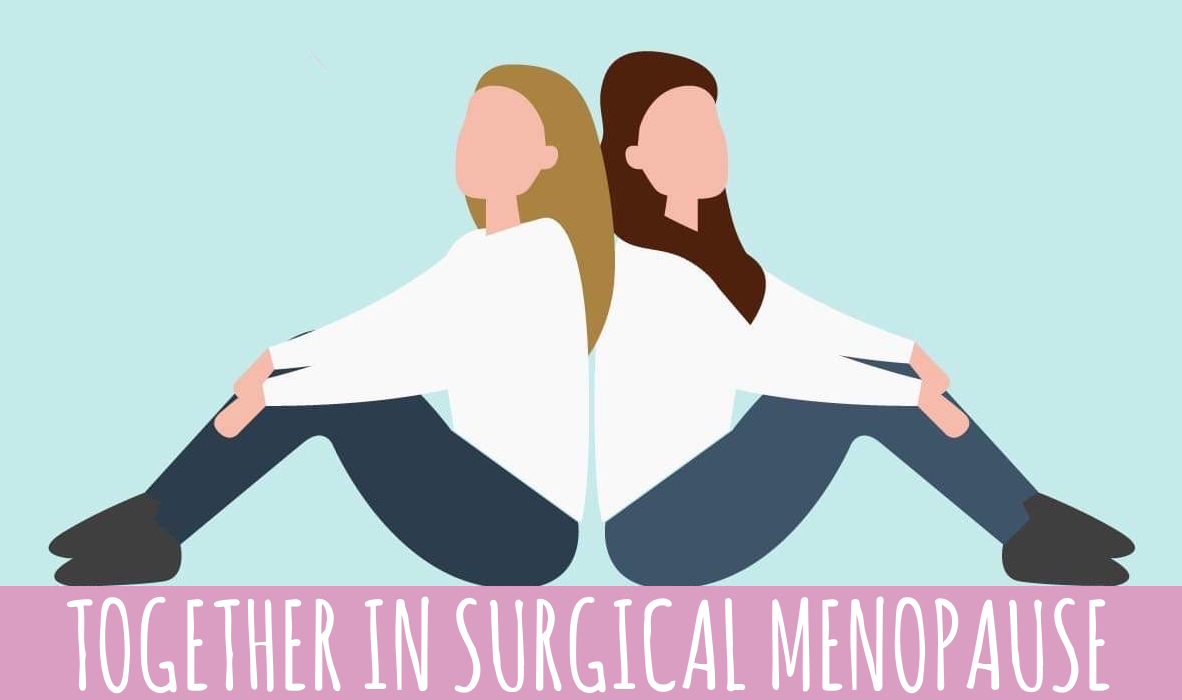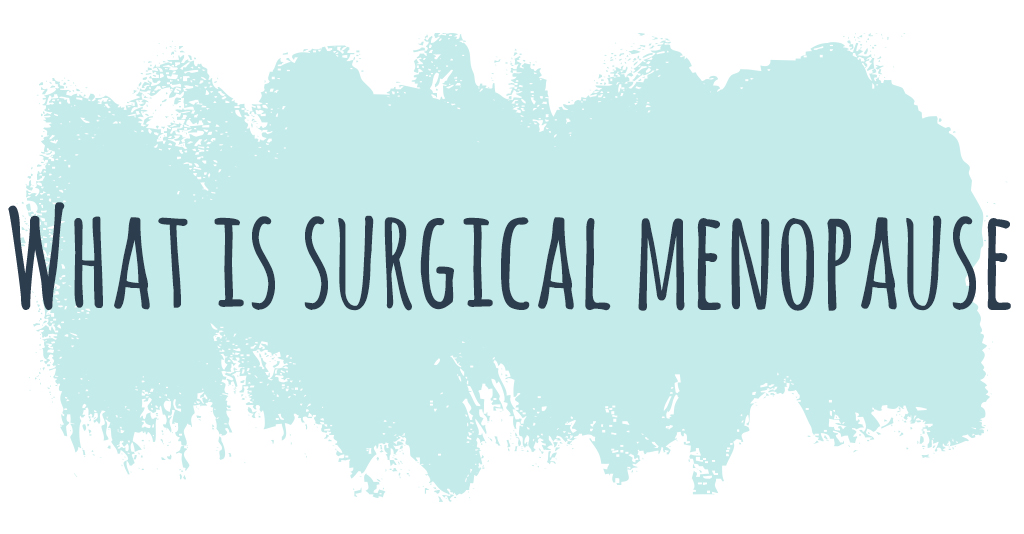


The removal of a woman's ovaries (known as an oophorectomy) immediately sends a woman into surgical menopause. The onset of surgical menopause is often very sudden and abrupt compared to natural menopause. It is important to note that a woman in premature surgical menopause will not go through a natural menopause when she reaches the normal age of a natural menopause - surgical menopause is a permanent state and for many women symptoms will be lifelong, although not necessarily at the same intensity.
What is the difference between surgical and natural menopause?
Natural menopause occurs over a period of several years. A woman’s egg stores begin to naturally decline, her menstrual cycle will eventually stop and the hormones oestrogen and progesterone fluctuate which can cause the gradual onset of menopause symptoms.
Ovaries are very important for producing the hormones oestrogen, progesterone and testosterone. Women in surgical menopause experience a very sudden drop in levels of these hormones and can therefore experience severe and debilitating symptoms which need long term management.
What is medical menopause?
Medical menopause is an induced menopause, usually in the form of an injection to stop the ovaries working.
This type of medically induced menopause is often used in the treatment and prevention of oestrogen receptor positive cancers or to lessen the symptoms in conditions such as endometriosis or PMDD.
Premature Ovarian Insufficiency
About one in a hundred women under 40 have POI. For most women the underlying cause of POI is not known.
Premature menopause
Menopause in women under 40 years of age is usually referred to as premature menopause.
It is important to note that cancer treatments, radiotherapy and chemotherapy can impact how the ovaries work.
Recommendations
Click here to discover our recommended reads and resources